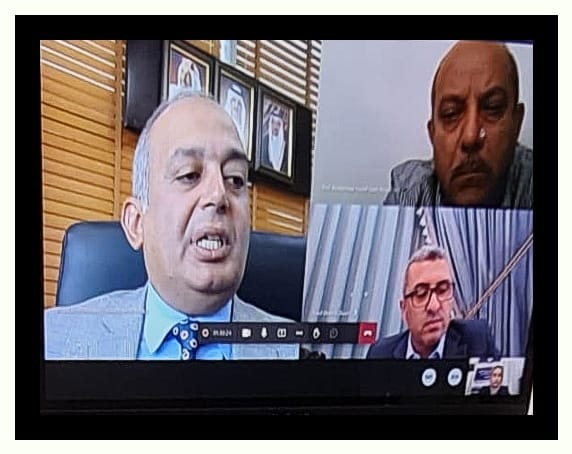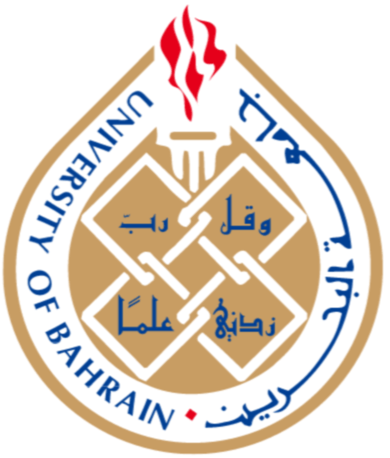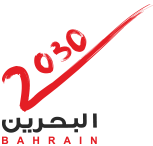NEWS
Emphasizing That Stem Cell Therapy is a Safe and Effective Method Compared to Traditional Methods.. A PhD Thesis at UoB Calls for Legislative Regulation of Stem Cell Therapy

Sakhir – University of Bahrain (Ali Al-Sabbagh)
10 January 2022
A scientific study at the University of Bahrain (UoB) called for the legislative regulation of stem cell therapy in the Kingdom of Bahrain, in order to keep pace with medical development in the field of biotechnology, stressing that stem cell therapy is a safe and effective method, compared to traditional therapeutic techniques.
The study was prepared by Fatima Omar Al-Shamlan in the PhD in Law program at the College of Law at UoB, in order to fulfill the requirements for a doctorate degree.
Al-Shamlan’s thesis was supervised by the Acting Dean of the College of Law, Dr. Salah Ahmed Diab, and was entitled: “The Legal Framework for Stem Cell Therapy: A Comparative Study”.
In her study, the researcher presented an integrated presentation on stem cell therapy from the medical, legal, and legislative aspects, indicating the importance of these cells, their role in treating many incurable diseases, the legal position of this technology, and its legislative regulation.
Regarding the legality of stem cells, she stated that “To know the ruling on stem cell treatment, we must refer to their sources, as there are sources which legality and permissibility are unanimously agreed on, sources that are unanimously thought to be prohibited, and sources that are controversial in their ruling.”
She continued, “The study shows that the sources agreed to be permissible and legal are: the placenta, the umbilical cord, the amniotic fluid, and stem cells from children, adults, and the recently deceased. As for the sources agreed to be prohibited, they are: deliberately aborted fetuses, and deliberate insemination between the egg of a donor and the sperm of a donor who are not related to each other. While the sources that are controversial in their ruling are: the surplus embryos from IVF, therapeutic cloning, and the animal source of stem cells.”
The study found that most of the legislation – including the Bahraini legislation – did not regulate stem cell therapy, so reference is made to general legal texts or to the law of human organ transplantation, and this may lead to legal problems that must be remedied, through the enactment of specialized legislation regulating stem cell therapy.
The researcher employed the comparative method in her study, which relied on the systematic analysis of the subject in several societies and legal systems, extracting the elements of similarity and contrast.
Also, the researcher stressed the importance of defining the stem cell in a precise and clear manner, in order to facilitate the adaptation of civil and criminal liability resulting from its infringement, and to determine the controls for granting and renewing licenses for hospitals and centers that engage in stem cell treatment, provided that all human and material capabilities are available to ensure the success of treatment.
The thesis recommended the need to spread medical awareness through the media, in cooperation with the Ministry of Health, by highlighting the importance of these cells, especially those extracted from the umbilical cord and placenta, in order to persuade mothers to donate them to cell preservation banks, due to the possibility of needing them in the treatment of the same newborn, or a family member.
An examination committee discussed the researcher Fatima Al-Shamlan in her recent study, and it consisted of: the Acting Dean of the College of Law at UoB Dr. Salah Mohammed Ahmed Diab, as a supervisor, faculty member in the Private Law Department at the same university, Professor Dr. Mohammed Yousef Al-Zoubi, as an internal examiner, and professor of private law. At Yarmouk University in the Hashemite Kingdom of Jordan, Prof. Yousef Mohammed Obeidat as an external examiner.













